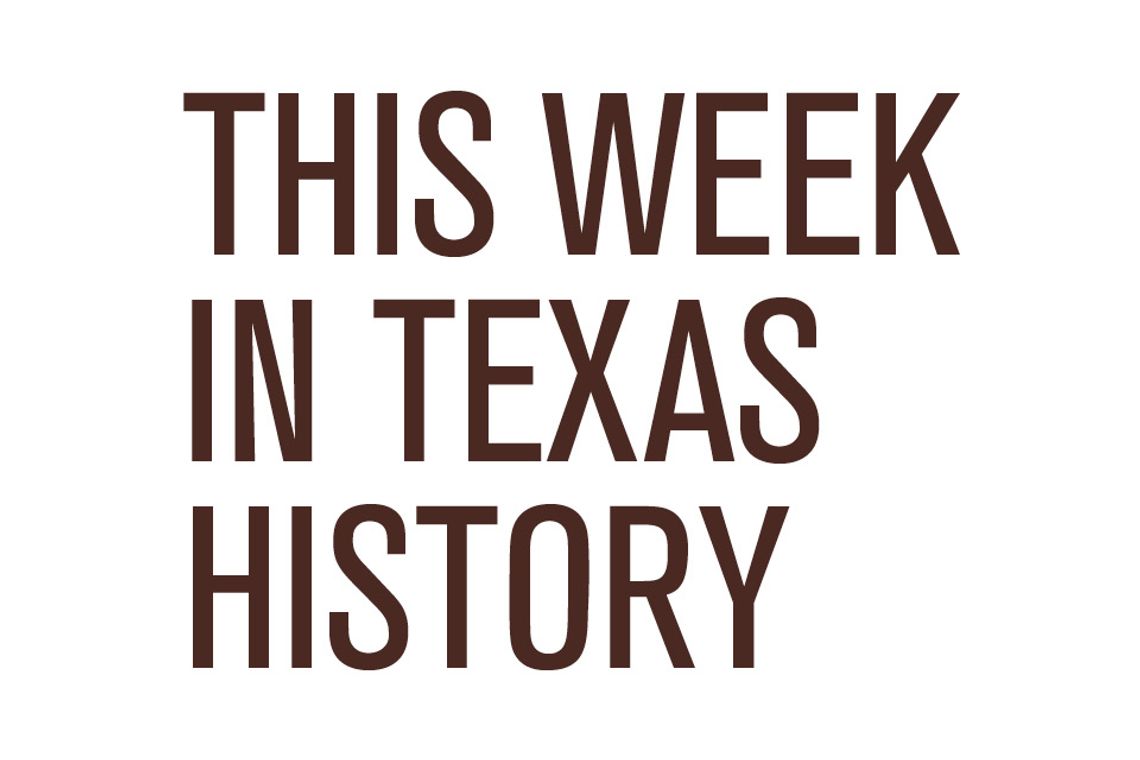By Bartlee Haile
When bandits cleaned out the bank at Grapeland, Texas on Jul. 11, 1932, shaken employees identified the machine-gun toting leader of the gang as none other than “Pretty Boy” Floyd.
In their excitement the eyewitnesses may have mistaken a handsome look-alike for the popular public enemy. “Pretty Boy” was probably too busy that summer knocking over banks in the Sooner State to venture south of the Red River.
Born in Georgia, Charles Arthur Floyd was brought up in the Cookson Hills of far eastern Oklahoma. When the strapping six-footer was not working from dawn to dusk on the family farm, he was guzzling a local concoction called Choctaw Beer. His fondness for the brew earned him the only nickname he ever liked – Chock.
Twenty year old Floyd married his teenaged sweetheart in 1921 and spent the next four years trying to scratch a living out of an uncooperative piece of land. Deciding survival should not be so hard, he swapped several jugs of moonshine for a pearl-handled revolver and lit out for St. Louis with a pair of like-minded pals.
The amateur crooks relieved a courier of an $11,000 payroll on Sep. 11, 1925 and hurried home to celebrate. The good times rolled until the law dug up the balance of the stolen money on Floyd’s farm and returned him in chains to the scene of the crime. The out-of-state offender was sentenced to five years in the Missouri penitentiary.
Bad news was waiting for Floyd, when he made parole in March 1929. His father was murdered in cold blood while he was locked up, and a jury acquitted the killer. In accordance with the time-honored custom of the hills, the son took his revenge and his first life.
Floyd fled to Kansas City, the midwestern mecca of organized crime where fugitives were always welcome. He got a crash course in armed robbery from stick-up specialists as well as a new nickname from a wisecracking madam, who greeted the good-looking stranger with, “I want you for myself, pretty boy.”
Barely a year after Missouri turned him loose, an Ohio judge gave Floyd 15 years for a bank job that ended in the death of a pursuing policeman. But a funny thing happened on the way to prison. Floyd’s traveling companions nodded off, and he jumped from the speeding train.
Aided by Bill “The Killer” Miller, whose claim to fame was the murder of his own brother, Floyd rattled tellers’ cages across Michigan. Stopping in Kansas City just long enough to pick up two women and permanently silence their protesting boyfriends, the deadly duo turned their attention to Kentucky.
A main-street shootout with Bowling Green police in June 1931 cost Floyd his partner-in-crime and, more importantly, his anonymity. The bereaved mother of a Kansas City victim asked if “Pretty Boy” made it out of Kentucky alive, and the press transformed the obscure outlaw into a national celebrity.
Once again, Floyd found sanctuary in Kansas City. Prohibition agents stormed his hiding place in July, but the two-gun tough guy shot his way out leaving a mortally wounded liquor lawman in his wake.
The federal casualty elevated the bandit to the top of the most-wanted list. Fearing the price on his head would prove too tempting for underworld cronies, Floyd took refuge among the only mortals on earth he trusted.
The hill people rolled out the red carpet for their Robin Hood, the fellow Okie who had turned the tables on the heartless bankers so fond of foreclosures. Food, shelter and the shirts off their aching backs were his for the asking.
But the posses that combed the Cooksons could not pry the time of day out of his protectors. To quote a character from the dust-bowl novel The Grapes of Wrath, “When Floyd was loose and goin’ wild, law said we got to give him up an’ nobody give him up.”
“Pretty Boy” and his new sidekick, an ornery ex-preacher, emptied so many vaults over the next 18 months that insurance companies doubled the rates for Oklahoma banks. Floyd heard the governor on statewide radio offer $6,000 for his apprehension and replied in writing, “I have robbed no one but moneyed men.”
The machine-gun massacre of four law enforcement officers and their handcuffed prisoner at the Kansas City train station in June 1933 appalled the country. Despite an absolute lack of evidence, the feds blamed Floyd for the bloodbath causing his popularity to plummet.
The four and a half year chase ended in an Ohio cornfield in October 1934. “Pretty Boy” died like Jesse James, his boyhood idol, with a bullet in the back.
Twenty thousand attended the funeral for Charles Arthur Floyd. Morbid curiosity accounted for the presence of many, but most were the rural poor hardest hit by the Great Depression. They came to pay defiant tribute to their fallen hero and to collectively thumb their noses at the rich and powerful they blamed for hard times.
“Texas Entertainers: Lone Stars in Profile” is full of talented Texans who deserve a curtain call. Order your copy by mailing a check for $24.00 to Bartee Haile, P.O. Box 130011, Spring, TX 77393.












